
Avinu Malkenu
Referring to Hashem as Avinu - our Father - reminds us that our Creator loves us and that everything He does is for our best. There are no bounds, constraints or legalities...

During the High Holidays, we say in our prayers the words, “Avinu Malkenu” (Our Father, Our King). Avinu Malkenu represents the covenant between the Jewish People and G-d. The reference to G-d as “Avinu”, our Father, emphasizes the closeness and compassion of a father towards His children. Thus, G-d is our Father and we need His guidance. Yet, we must also remember that we are in the presence of the King of Kings and serve Him in awe. Thus, the title “Malkenu” or our King represents our sense of awe of our G-d, like that of a nation towards its king.
‘Avinu’ is the term representing Hashem’s love – the close, loving, compassionate, nurturing intimate parent who will forgive us because He loves us. ‘Malkenu’ is the distant, strict, stern ruler who metes out justice and can forgive us because only He has the power to do so. Our relationship with G-d should be predicated on both love and fear. Loving G-d without any fear may cause one to be neglectful in his study of Torah and performance of mitzvot. It represents a self-centered or egocentric form of service. Yet, fear that is not balanced with love may cause a lack of happiness and leave us serving G-d out of rote.
 Referring to Hashem as Avinu reminds us that our Creator loves us and that everything He does is for our best. There are no bounds, constraints, or legalities. It focuses on the love aspect of our relationship with Him. The word Avinu awakens us to repentance through love – it breaks our heart and motivates us with a desire to be forgiven of our sins because we love our Father and He loves us. Even if our Father is the greatest of rulers, ‘Father’ is a cry – a child’s yearning for closeness. We want to connect out of love. We ask that he notice our good deeds. We come to Hashem in our brokenness and seek healing for our moral failings. Throwing ourselves on Hashem’s compassion is our best hope for salvation. ‘Hashem help me become a better me, even when I mess up, even in my brokenness. This is my prayer.’
Referring to Hashem as Avinu reminds us that our Creator loves us and that everything He does is for our best. There are no bounds, constraints, or legalities. It focuses on the love aspect of our relationship with Him. The word Avinu awakens us to repentance through love – it breaks our heart and motivates us with a desire to be forgiven of our sins because we love our Father and He loves us. Even if our Father is the greatest of rulers, ‘Father’ is a cry – a child’s yearning for closeness. We want to connect out of love. We ask that he notice our good deeds. We come to Hashem in our brokenness and seek healing for our moral failings. Throwing ourselves on Hashem’s compassion is our best hope for salvation. ‘Hashem help me become a better me, even when I mess up, even in my brokenness. This is my prayer.’
Referring to Hashem as Malkenu serves as a reminder to us that G-d is in charge, and that only He has the unlimited power to save us. He can annul bad decrees and has access to unlimited resources to help us. This title represents the reverence aspect of our relationship with Him.
On Rosh Hashanah, our Jewish New Year, G-d sits with the books of judgment open before Him. This reminds us that we are servants in the King’s court; a measure of honor and distance reflected in this physical world. We function in this world with this apparent separateness, a world of detachment. Our body creates a barrier encasing our souls and causing us to feel as a servant serving its master.
We thus approach G-d and are motivated to do teshuva (be remorseful) out of our awe. We realize that G-d is the ultimate king Who controls life and death. We are completely dependent on Him and we need to do repentance because He rules the world.
Though we need to relate to G-d with both love and fear, in these days of the coming of Mashiach, our sages teach that it is more vital to focus on the love aspect of our relationship with Him. The Holy Baal Shem Tov brought to life this pathway of coming close and cleaving to G-d by performing mitzvot with warmth and joy. The Baal Shem Tov would repeatedly say, “If tears open up the Heavenly gates, joy absolutely demolishes them!” The pathway of Chassidism is to do everything through happiness.
We can even do teshuva through joy. This may seem difficult to accept because doing teshuva is generally associated with distress and criticism. However, when viewing the bigger picture, the repentance process can envelop us in joy because it enables us to view where we are heading and how we can create a more meaningful relationship with our Creator. There can be no greater joy than forgiveness resulting from atonement.
Separation causes sadness. However the Torah teaches “…Every moment G-d renews the world.” This is a revitalizing and reassuring idea that no matter what has happened in the past, the re-union that occurs via repentance mends our lives. The act of repentance reunites us with our true purpose in life – recognition of our G-dly spark. It realigns us with the rhythm of life and renews our strength. In addition, we increase our love and attachment to G-d. Our heart is emptied of weighty transgressions and then we have room for feelings of affection and closeness.
Our journey through life involves repeated movements of separation and return – from a broken fragmented existence to a yearning of Oneness and wholesomeness. By praying with both the terms Avinu and Malkenu, we are essentially directing our prayers through two different avenues, reminding ourselves that there is a need for both love and respect our relationship with ourselves, others and our G-d.It also reminds us that the very same G-d Who punishes us is the One Who loves us. This all-encompassing reality offers us a chance to start fresh every day, to and repair whatever needs repairing in ourselves, in our relationships and in our lives.
* * *
Orit Esther Riter is author of “Daily Dose of Emuna”


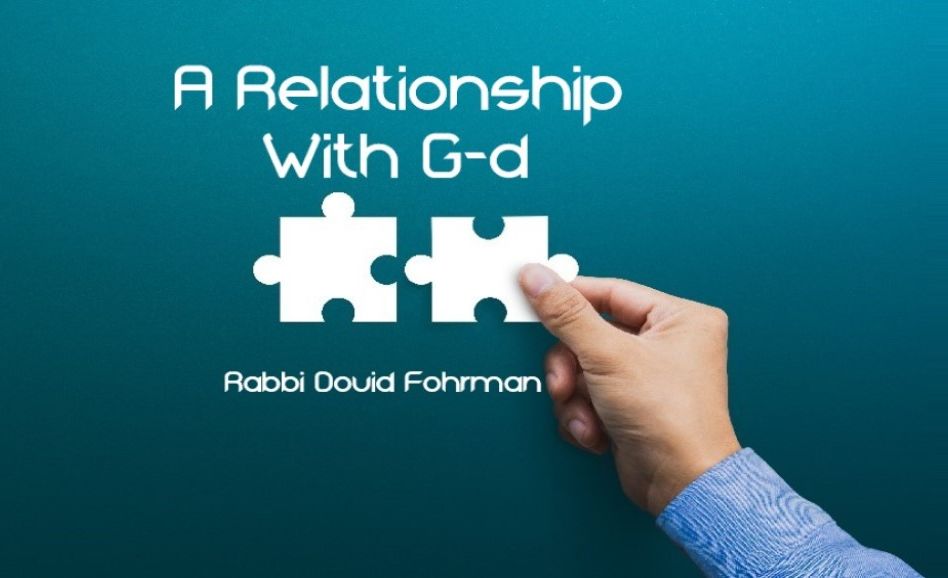


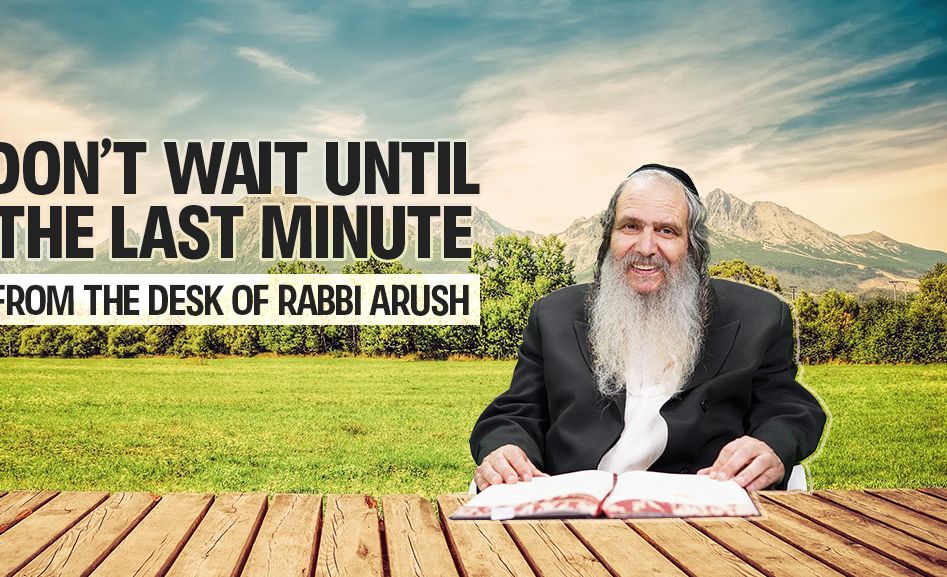

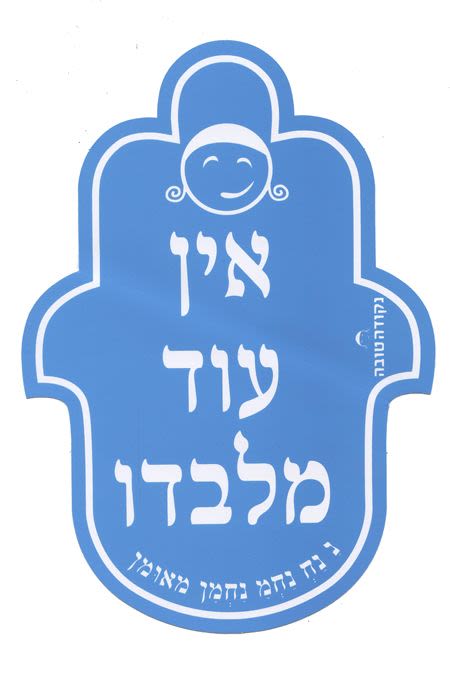
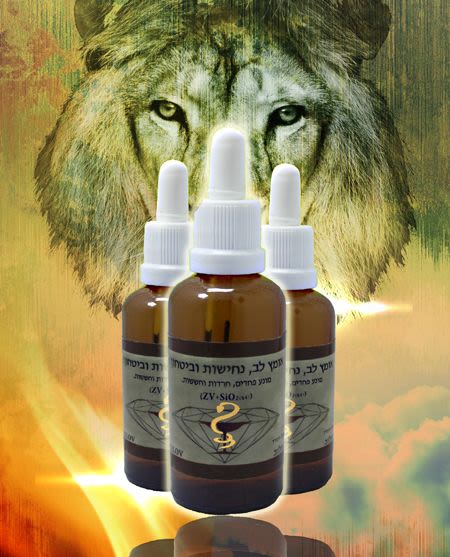
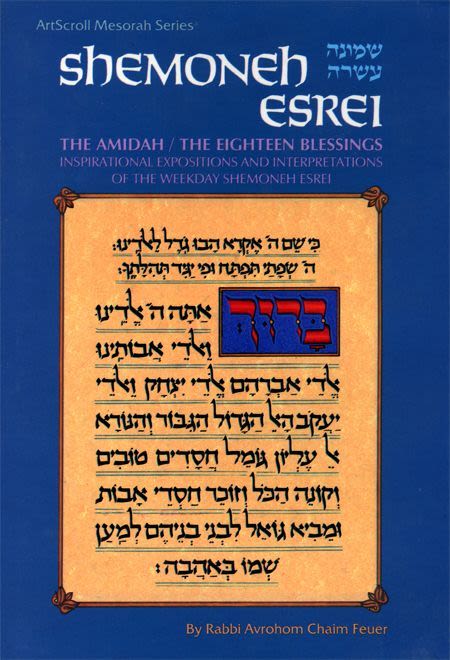
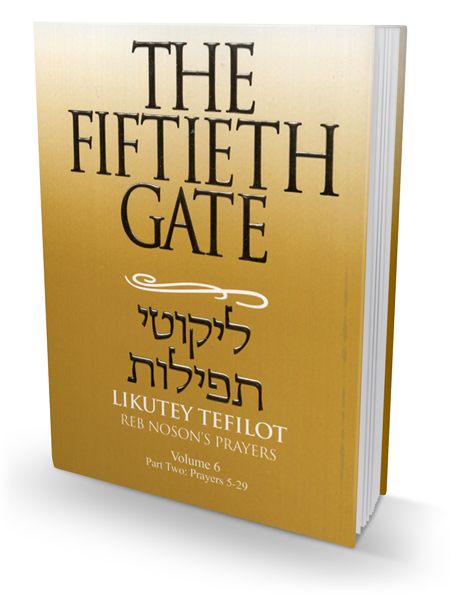
Tell us what you think!
Thank you for your comment!
It will be published after approval by the Editor.